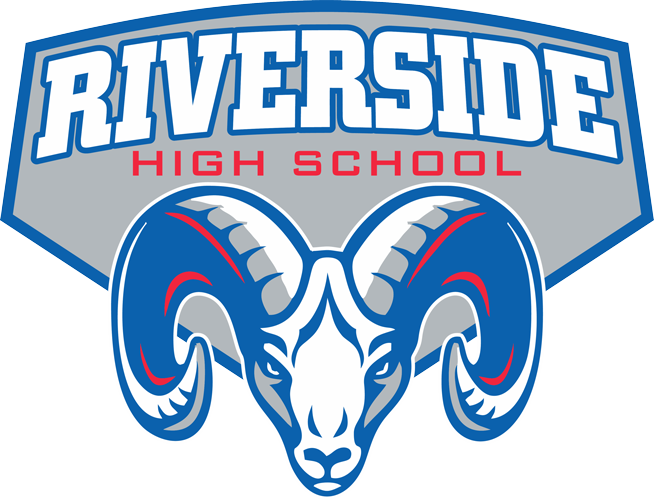Post-Secondary Workforce
Many choose to explore postsecondary educational workforce options. Many occupations require some type of training or education after high school. On-the-job training, apprenticeships, certificates, non-degree awards, and various levels of college degrees may be required for entry-level jobs.
Explore your options by looking into career fields that interest you by investigating:
Typical salary/pay for the job (may be dependent on location of the job)
Education and training levels typically required
Cities/towns that this job is typically located
Longevity of people staying in the field
Typical work-life balance of the job and location
Opportunities for advancement
Job-Training Programs
Below are some federal training programs that offer free, paid on-the-job education and training.
Job Corps - a no-cost education and vocational training program administered by the U.S. Department of Labor that helps young people ages 16-24 improve the quality of their lives by empowering them to get great jobs and become independent.
AmeriCorps - a way for people 18 years and older to serve in their community for up to a year. During their service, they will gain professional and technical skills, may receive a modest living allowance, and may receive healthcare and childcare benefits. Once an AmeriCorps Member completes their term of service, they are eligible to receive an education award that can pay for school or pay off student loans.
Peace Corps - the Peace Corps sends thousands of American citizens abroad every year to live and work in over 60 countries around the world. Volunteers come from a variety of backgrounds and experience levels and work in Education, Health, Environment, Community Economic Development, Youth Development, and Agriculture. During a volunteer’s service, the Peace Corps covers all expenses, including travel to and from the country of service, living and housing expenses, full medical coverage and vacation time. Upon successful completion of service, each volunteer also receives a substantial readjustment allowance (over $8,000), Non-Competitive Eligibility (NCE) for jobs with the federal government, exclusive opportunities for graduate degrees, and access to a broad and active network of Returned Peace Corps Volunteers. In short, almost all employers and graduate schools love to see Peace Corps service on your resume!
Additionally, your local community colleges (such as NOVA, Germanna, Tidewater, and Lord Fairfax) also offers short-term training programs that leads to certification or Associate degrees.
Related Webpages
Youth Workforce Innovation / Opportunity Act Program - The Workforce Innovation/Opportunity Act (WIOA) Youth Program assists eligible young adults ages 17 to 24 to gain the skills needed to succeed in today’s workforce. Available services include; Career & Leadership Development, Educational Support, amongst others.
Virginia Workforce Connection - Your gateway to employment and labor market information in VA. Use VA Workforce Connection for employer-job seeker matching.
Virginia Board of Workforce Development - The Virginia Board of Workforce Development is a business-led board that acts as the principal advisor to the Governor and provides strategic leadership to the state regarding the workforce development system and its efforts to create a strong workforce. Another key priority is to assist job seeking customers in securing jobs that are in occupations that are in demand and that show promise for long-term growth in industries that are strategic to Virginia’s economy.
O*NET OnLine - O*NET OnLine has detailed descriptions of the world of work for use by job seekers, workforce development and HR professionals, students, researchers, and more.
